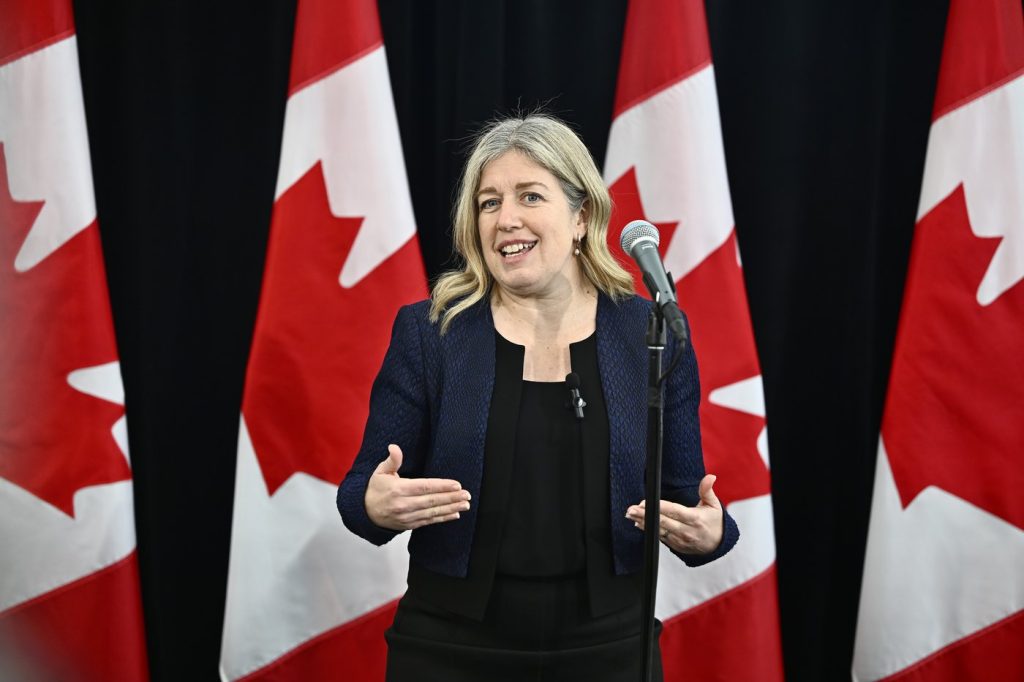More Canadians turn to short-term rentals to earn extra cash, maintain properties

Posted Jul 6, 2023 12:10:15 PM.
Last Updated Jul 6, 2023 12:15:22 PM.
When Marcus Rader returned home after an extended winter trip last year, he was greeted with a broken furnace, freezing temperatures and a week-long wait for a repair.
This winter, he put his 150-year-old downtown Toronto house on the short-term rental booking website Airbnb.
“We rent out our home in the winter now but it’s definitely not for the money,” said Rader, co-founder and CEO of Hostaway, a vacation rental software and management system.
“The main attraction for us is just having people there. That’s the main value.”
The decision paid off this winter, when a sewage pipe broke in the basement — an issue they were able to quickly repair before further damage was done.
“When we got home it was already fixed,” Rader said. “They had dug up the whole basement and repaired the problem.”
More Canadians are wading into the short-term rental market, with a notable rise in new listings last year, according to Airbnb.
Hosts are motivated by different reasons, including the extra security of having people on the property when they’re away.
But many others are attracted to the opportunity to earn extra income.
The rising cost of living is contributing to a new wave of Canadians renting out their homes or cottages for the first time, according to Airbnb.
“With the rising cost of living and inflation, more and more Canadians are looking to become Airbnb hosts for the first time, and that comes as more and more travellers are looking to travel affordably,” Airbnb spokesperson Matt McNama said.
The typical host in Canada earned about $7,700 last summer and more than $12,000 throughout the year, money that can help cover higher mortgage payments, utilities and other costs, the company said.
Jennifer Greatrex — awarded top Airbnb host for Ontario last year — said she earns an income by renting out her yurt north of Kingston, Ont. It has no running water and an incinerating toilet in an outbuilding.
“I didn’t intend for it to be my full-time income, but it has and I am so grateful as I sustained brain injury along the journey so being able to run my own business has been a lifesaver,” she said, noting that she now earns enough from her rental to replace the income she earned from a full-time job.
“I really do love being a host and I’d encourage others to take the leap.”
While the opportunity to earn an income is appealing, industry experts say new hosts need to educate themselves on some key issues to minimize some of the pitfalls that can come with managing a short-term rental.
Some tips are straightforward and relatively easy to implement: Use an electronic keypad for entry so guests can check themselves in. Hire a cleaner and add a fee to offset the cost. Use saved messages to respond to common questions quickly.
Others are more complex.
“I can tell you that a lot of people are looking for tricks or hacks,” Rader said. “There may be some simple things you can do to improve the experience for both the owner and the renter. But the truth is there’s some work involved.”
An important first step is to check the rules for short-term rentals in your area.
Some communities have ushered in new regulations in recent years, such as requiring properties to be registered with the city or only allowing short-term rentals in an owner’s primary residence.
It’s an issue real estate investor Sebastian Jania experienced first hand.
The director of Ontario Property Buyers — a company that purchases homes in “as is” condition with cash — purchased a property in the southwestern Ontario city of Brantford to convert into short-term rentals.
Shortly after, the city changed the rules and now only allows rentals under 28 days long in a primary residence.
“We had to shift to medium-term rentals, which don’t necessarily make as much financial sense,” Jania said. “The rules around short-term rentals are in flux, so it’s good to know that before diving in.”
In other cases, mortgage or lease restrictions may prohibit someone from subletting or being a short-term rental host.
There are also income tax implications, safety and cleanliness considerations and general noise concerns, experts say.
“You want to make sure you don’t upset the neighbours,” Rader said. “You want to avoid partiers and sometimes that means locals.”
Sometimes locals want a short-term rental while they do home renovations or to accommodate wedding guests. But otherwise they could just be looking to throw a big bash that could disturb neighbours, he said.
Industry experts say it’s also important for people to understand some of the costs involved, from offering guests snacks to restocking toilet paper, soap and shampoo.
Also, regular maintenance is a must to avoid cancellations, disappointed guests and potentially poor reviews, they say.
“I stayed at an Airbnb this past weekend in the Muskokas and it was 30 degrees and the AC wasn’t working,” Jania said. “If someone decides to leave a bad review, that could really impact future bookings.”
Meanwhile, when you’re ready to rent, getting things right is critical.
“You only have a couple of stays to make a good first impression,” Jania said. “If you get a couple bad reviews to start, you’ll be at a massive disadvantage because so many people are jumping into this space and consumers have more options than ever.”
To help with the startup, Airbnb said it offers one-on-one coaching and advice from veteran hosts and the option to book an experienced guest for a first booking.
“I recommend you have friends or family stay for the first few visits that can give you honest feedback,” Jania said. “That way you have a chance to address any potential concerns.”
This report by The Canadian Press was first published July 6, 2023.
Brett Bundale, The Canadian Press








